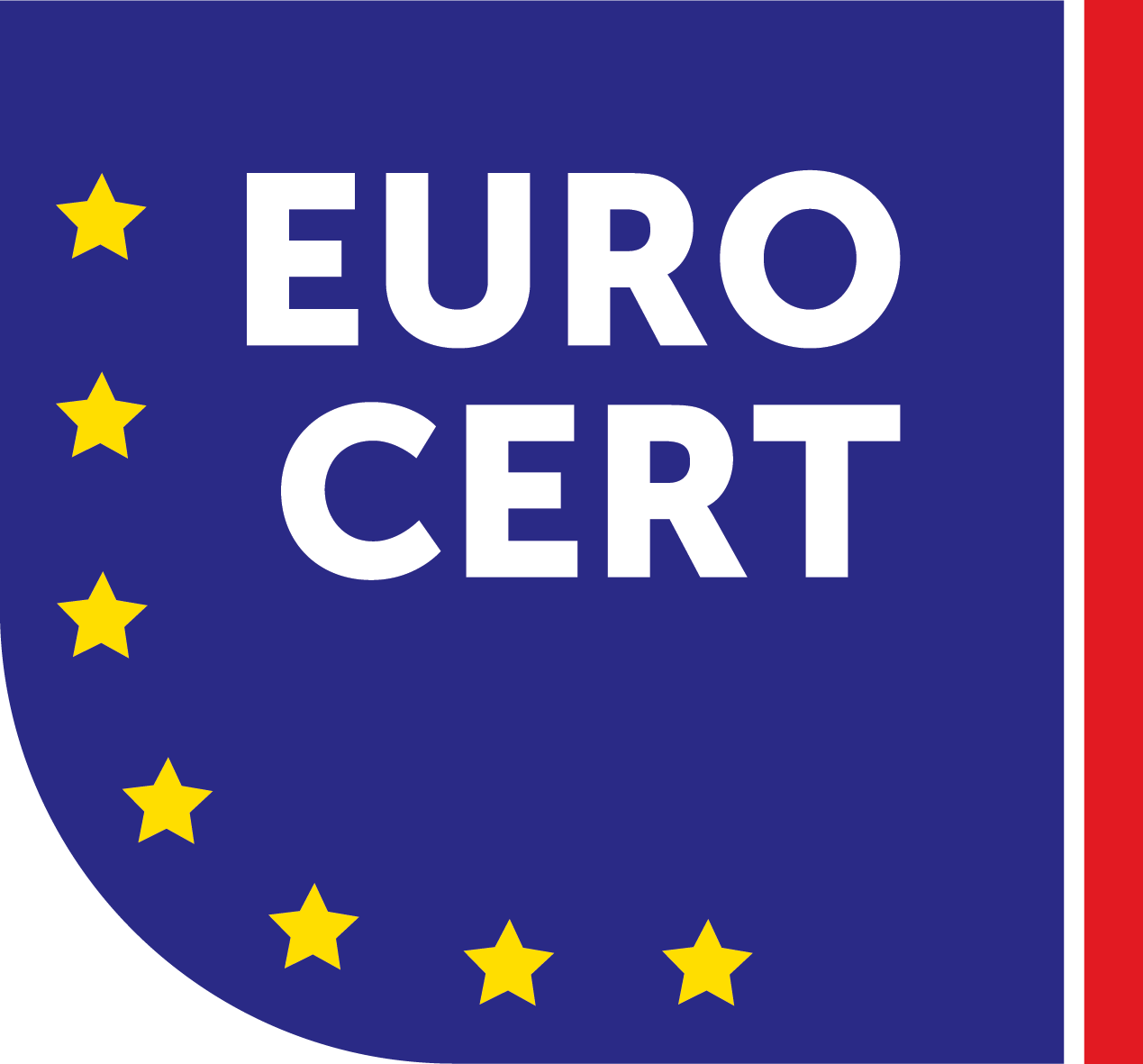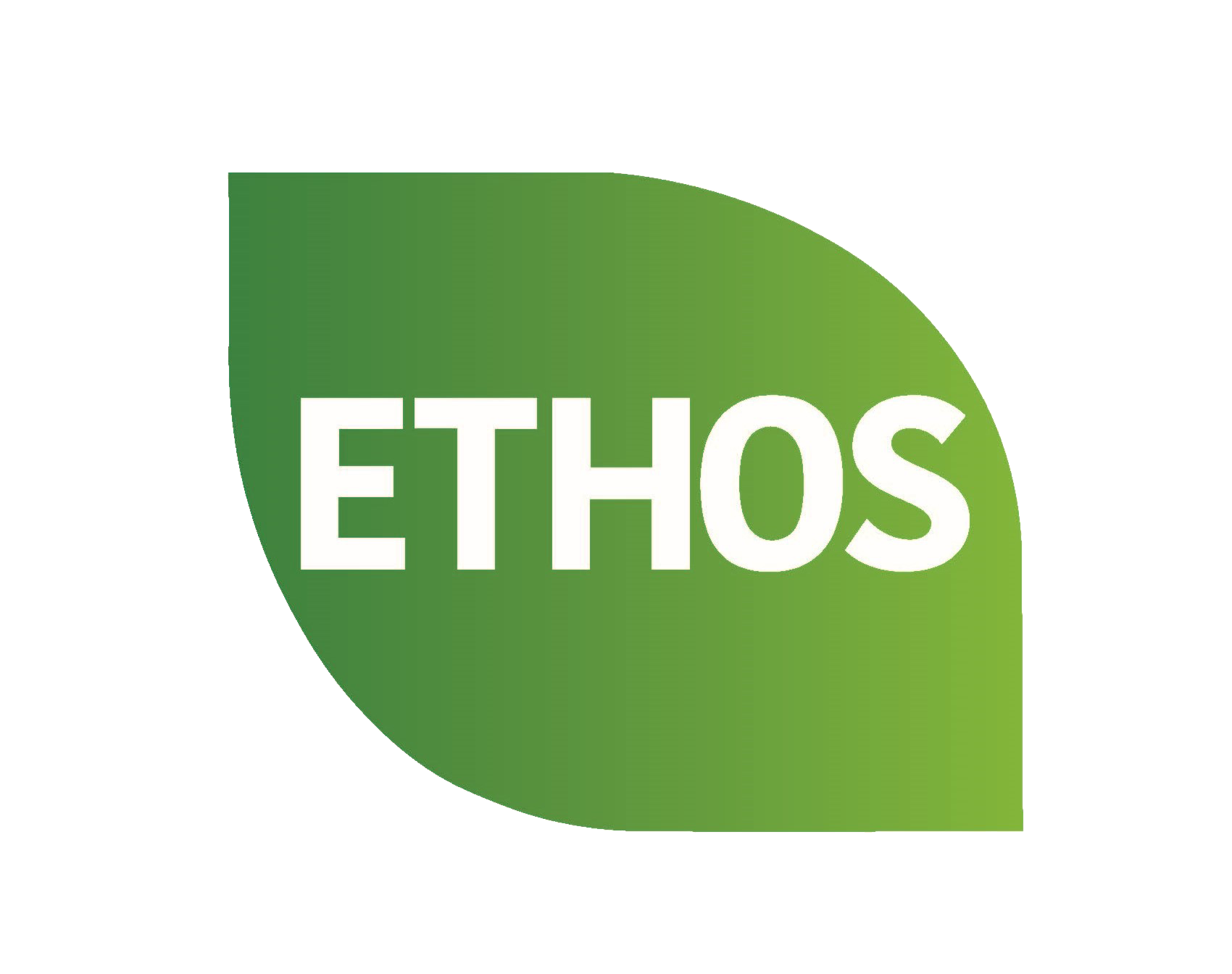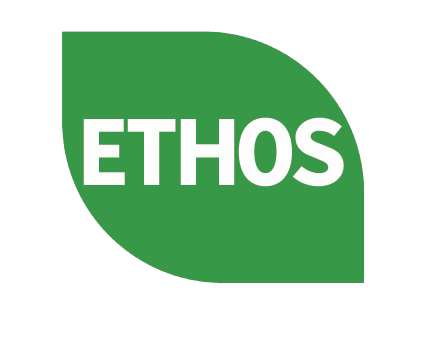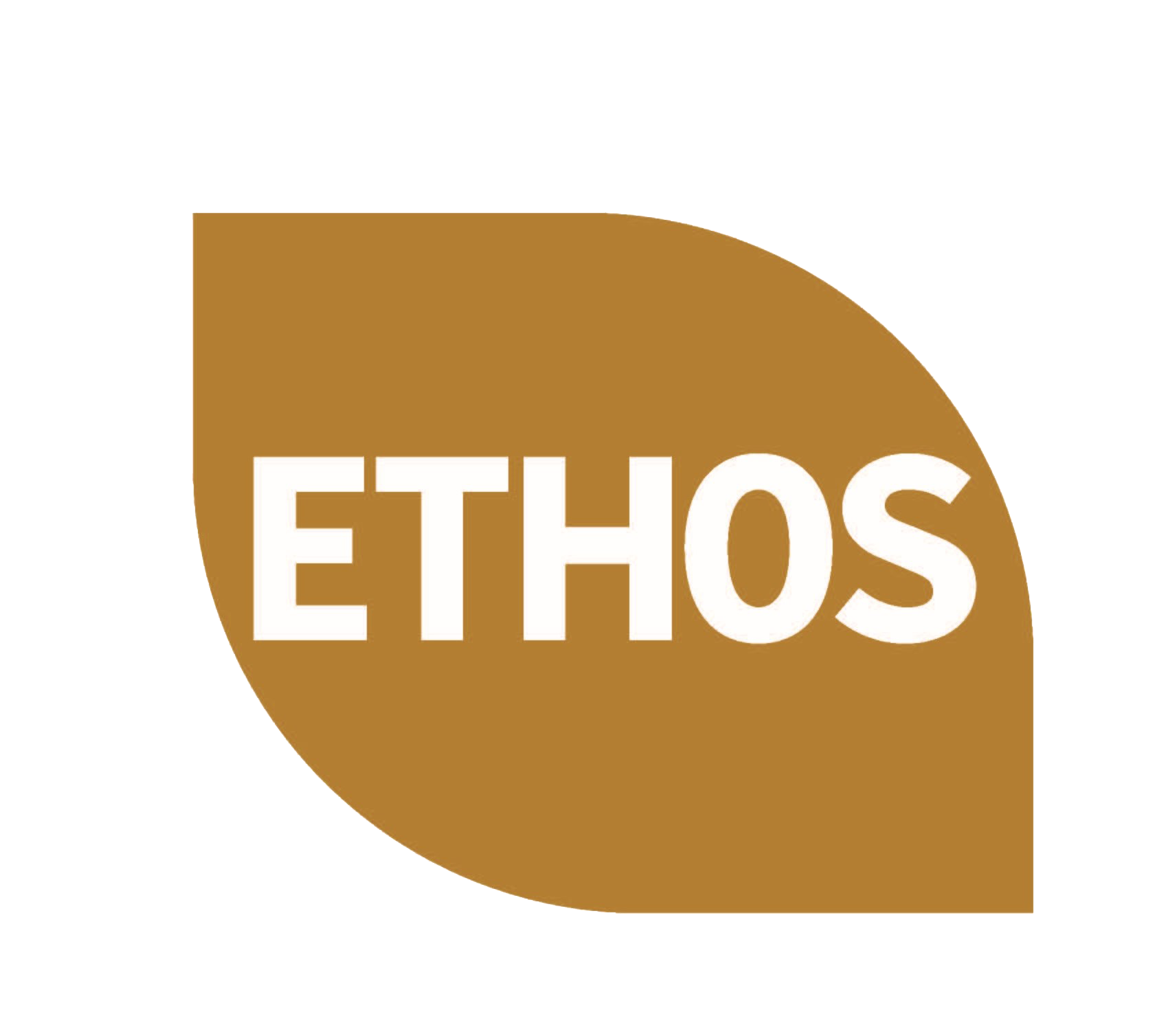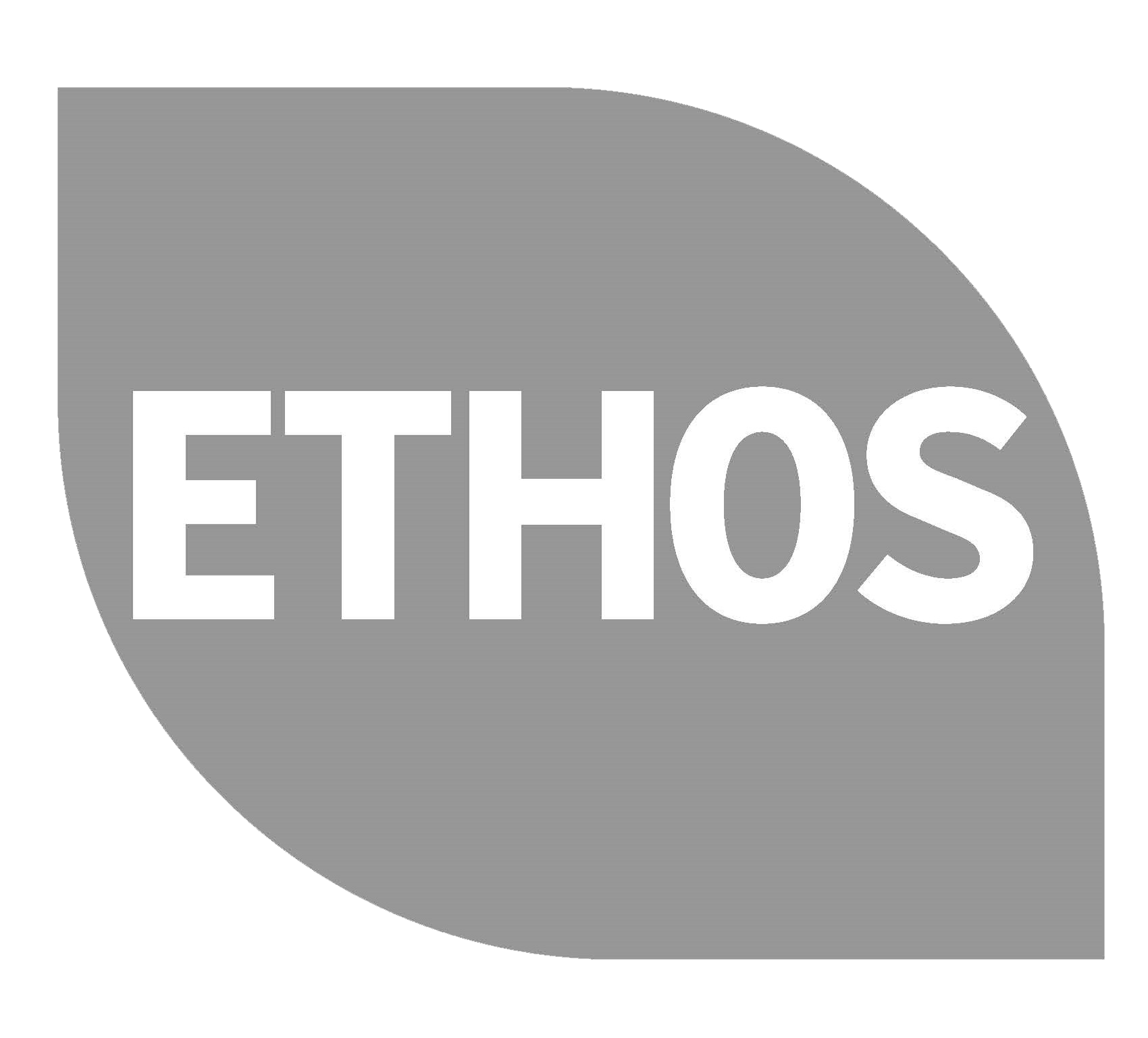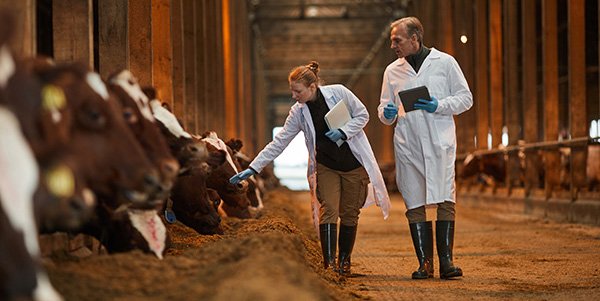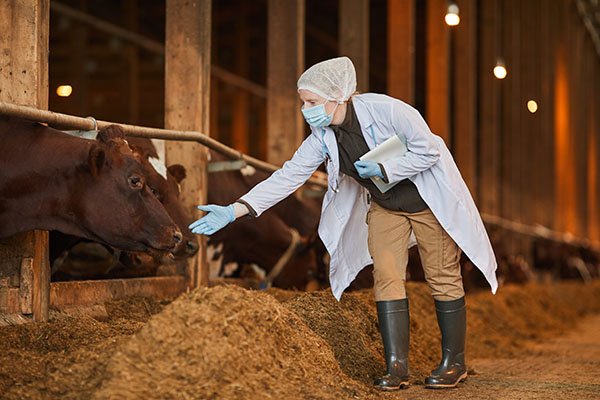is built on a system of modules that enables producers to get certified for several sub-scopes in one audit. It consists of:
- General Regulations: These map out the criteria for successful CPCC implementation as well as set guidelines for the verification and the regulation of the standard.
- Control Points and Compliance Criteria (CPCCs): These clearly define the requirements for achieving the quality standard required by GLOBALG.A.P.
The Control Points and Compliance Criteria (CPCCs) are also modular-based consisting of:
- The All Farm Base Module: This is the foundation of all standards, and consists of all the requirements that all producers must first comply with to gain certification.
- The Scope Module: This defines clear criteria based on the different food production sectors. GLOBALG.A.P. covers 3 scopes: Crops, Livestock and Aquaculture.
- The Sub-scope Module: These CPCCs cover all the requirements for a particular product or different aspect of the food production and supply chain.
So to get certified, producers must comply with all the CPCCs relevant for their sub-scope. For example, a strawberry grower must comply with the All Farm Base CPCCs, the Crops Standard CPCCs and the Fruit & Vegetables CPCCs to receive a GLOBALG.A.P. Fruit & Vegetables Standard Certificate.
GLOBALG.A.P. also provides checklists for each module to help producers better prepare their farms and make the necessary changes before a certification body inspector performs an audit or inspection.
